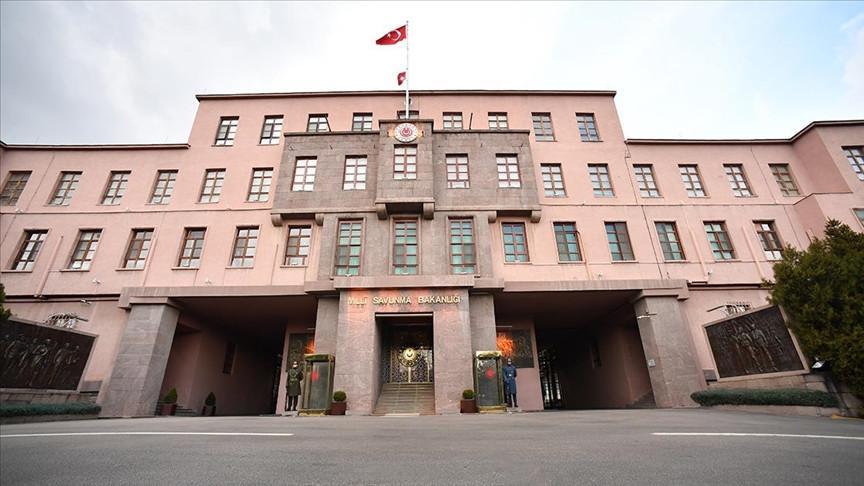
Türkiye has raised objections to a recent declaration issued by Greek Cyprus for a cable-laying operation in the eastern Mediterranean, claiming the planned activity violates its continental shelf.
“In accordance with international law, activities such as cable and pipe laying or scientific research to be carried out in our continental shelf must be coordinated in advance with our country,” defense officials said on Aug. 7.
Defense Ministry sources referred to rights within the continental shelf previously reported to the United Nations on March 18, 2020.
“Due to this rule, we always carry out the necessary follow-ups and monitoring without allowing any unauthorized activities in our continental shelf, and we do not allow any activities or projects that disregard our country,” they told reporters during a press briefing.
According to Turkish authorities, the announcement published on Navtex, the international maritime safety system, on Aug. 5 for a Gibraltar-flagged ship to conduct geophysical research violated Turkish maritime claims.
“Our air and naval forces have been deployed to the region to take the necessary measures,” they said. “The activities of the ship in question are being closely monitored. If they attempt to violate our continental shelf, the necessary measures will be taken on the ground.”
Diplomatic sources also criticized what they described as repeated unilateral actions by the Greek Cypriot administration.
The Greek Cypriot side's "well-known fait accompli efforts will yield no results either on the ground or legally,” the sources told local media.
“Experts emphasized that economic feasibility is as important as compliance with international law in such underwater projects,” they said.
“Indeed, they pointed out that projects that only exist on paper but require heavy budgets compared to alternatives lead to tension rather than cooperation.”
Meanwhile, an administrative investigation into the deaths of 12 Turkish soldiers who were exposed to methane gas during a cave-clearing operation in northern Iraq on July 6 has concluded.
According to the investigation report, there was no direct negligence or fault in the incident. While emphasizing that there was no indiscipline or weakness, it was assessed as an “exceptional, unforeseeable and extraordinary situation.”
Defense officials quoted from the report, stating that a search dog was sent into the cave prior to the incident, and since no adverse conditions were detected, there was no need for gas measurements.
“It has been determined that some of our personnel who were not on duty at the time of the incident entered the cave without waiting for orders, risking their own lives out of a sense of camaraderie and prevented more serious consequences thanks to their determination to rescue their colleagues,” the report said.